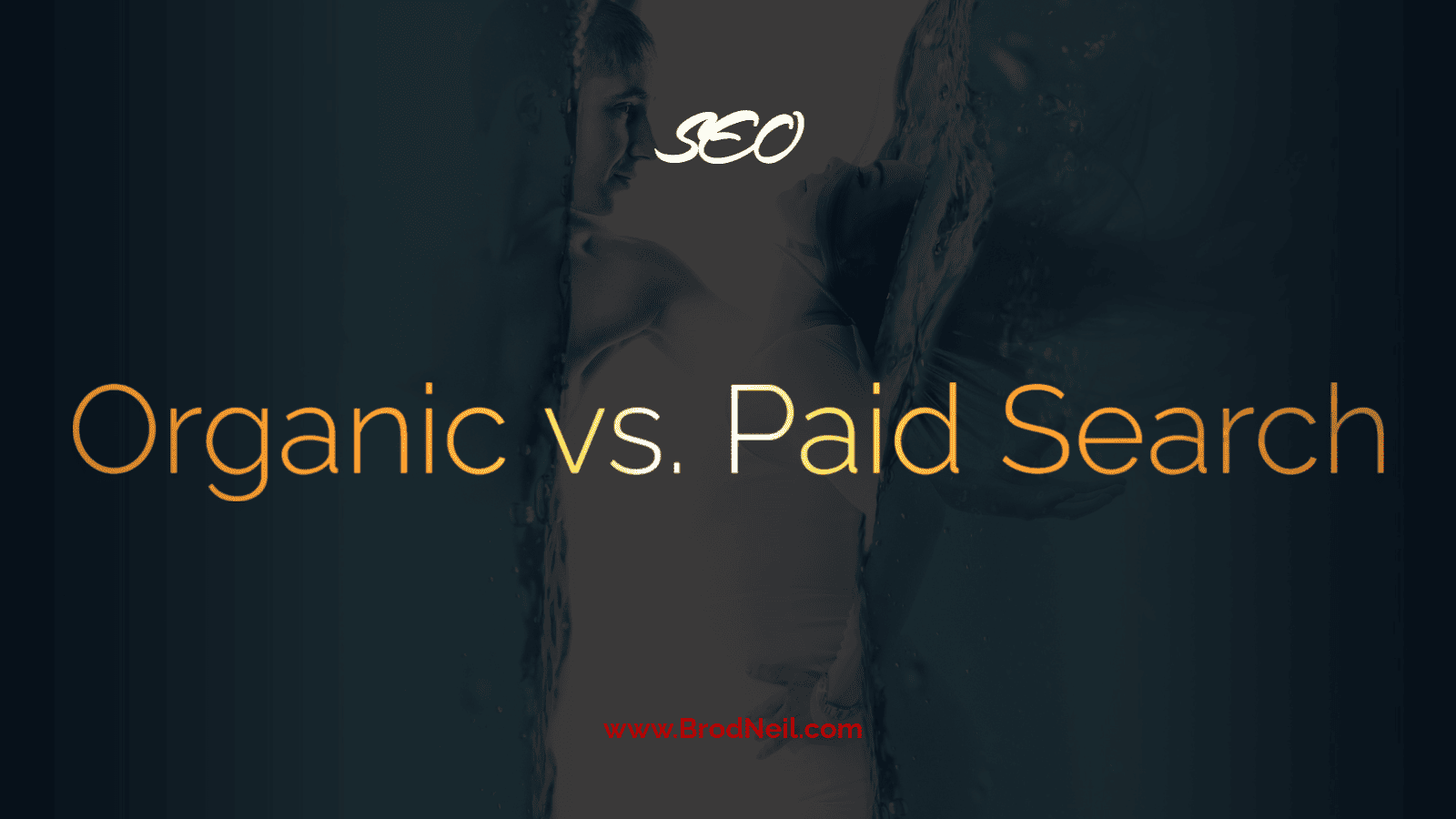Organic and paid search are two primary methods used by businesses to drive traffic to their websites and increase their online visibility. While both can be effective, they have different advantages and disadvantages that can impact your overall marketing strategy.
Organic search refers to the process of optimizing your website to appear in the search results of search engines like Google, Bing, and Yahoo. The goal of organic search is to rank highly for relevant keywords and phrases that your target audience is searching for. This is achieved through a variety of techniques, including keyword research, on-page optimization, content creation, and link building.
Organic search is the process of optimizing your website to rank higher in search engine results pages for relevant keywords and phrases. This can help drive more traffic to your website from people who are searching for topics related to your business. The traffic that comes to your website as a result of organic search is known as organic traffic. It is free and can be a sustainable source of traffic over the long term, making it an important part of any digital marketing strategy.
Paid search, on the other hand, involves paying to place ads on search engines, typically through platforms like Google Ads and Bing Ads. These ads appear at the top and bottom of search results pages and are marked as “sponsored” or “ad.” Paid search allows businesses to target specific keywords and audiences and can be highly effective for driving targeted traffic to a website.
So, which is better: organic or paid search? The answer depends on your business goals, budget, and target audience. Organic search can be a more sustainable long-term strategy, but it can also take longer to see results. Paid search, on the other hand, can provide quick wins but can be more expensive and may not be sustainable over the long term.
Ultimately, the best approach is to use both organic and paid search in combination to create a comprehensive search engine marketing strategy that leverages the strengths of each approach.
5 key strategies for coordinating organic and paid search
Effective coordination between organic and paid search is key to maximizing the impact of your search engine marketing efforts. Here are some ways you can coordinate these two strategies to achieve better results:
Keyword research
Use the same keyword research for both organic and paid search.
Optimize landing pages
Ensure that landing pages used in your paid search campaigns are also optimized for organic search.
Use data to refine your strategy
Analyze search data from both organic and paid search to identify new opportunities for optimization and growth. Use data-driven insights to refine your strategy and optimize your campaigns over time.
Coordinate ad copy and meta descriptions
Ensure that your ad copy and meta descriptions are consistent and aligned with your overall messaging strategy.
Test and iterate
Continuously test and iterate your organic and paid search campaigns to identify what works best for your business.
By coordinating your organic and paid search strategies, you can create a more effective search engine marketing strategy that drives targeted traffic to your website and helps you achieve your business goals.
Updates related to organic vs. paid search
Effective coordination and testing between organic and paid search campaigns is essential as both impact click-through rates in search engine results
This was explained by Seach Engine Journal for “Ask an SEO” after being asked if businesses should invest in paid campaigns over SEO.
Source: https://www.searchenginejournal.com/seo-vs-paid/478897/

